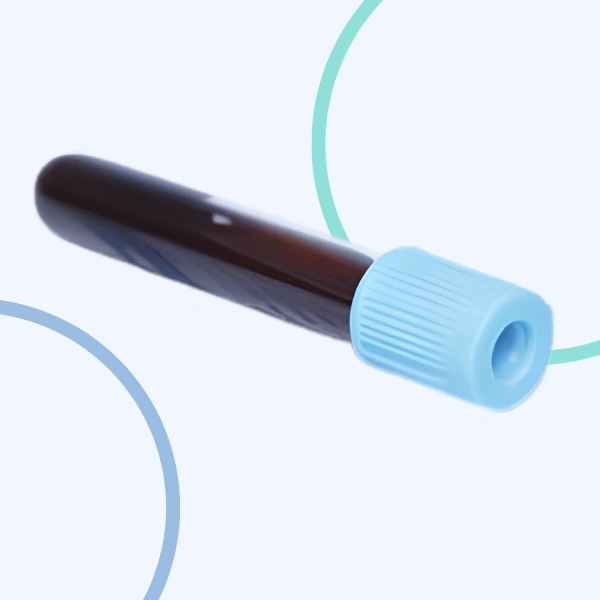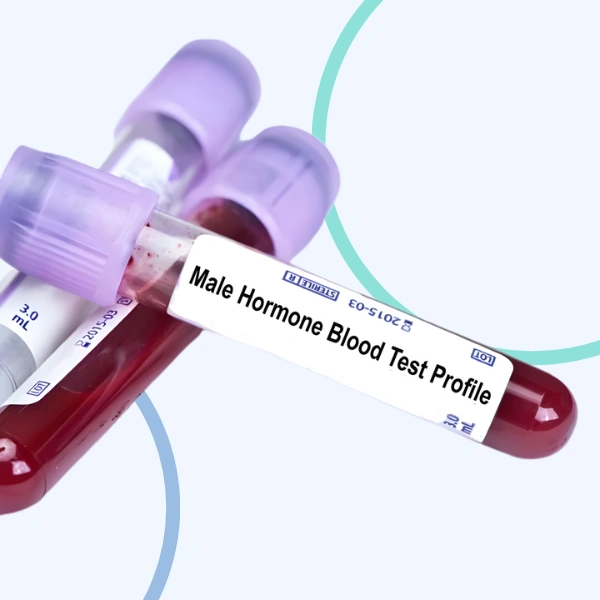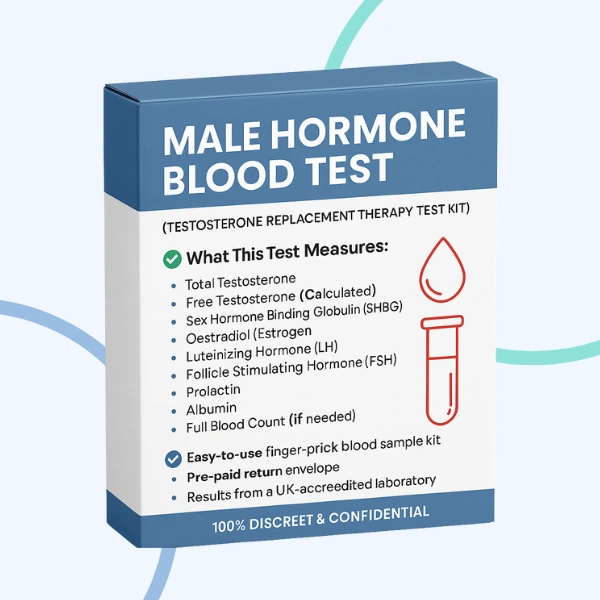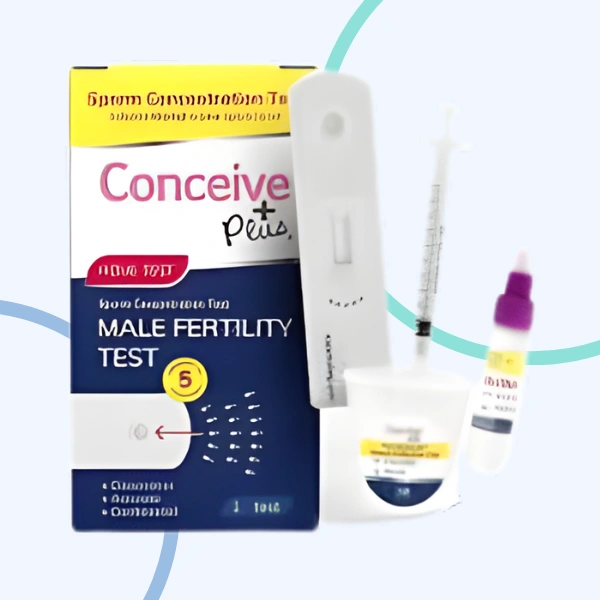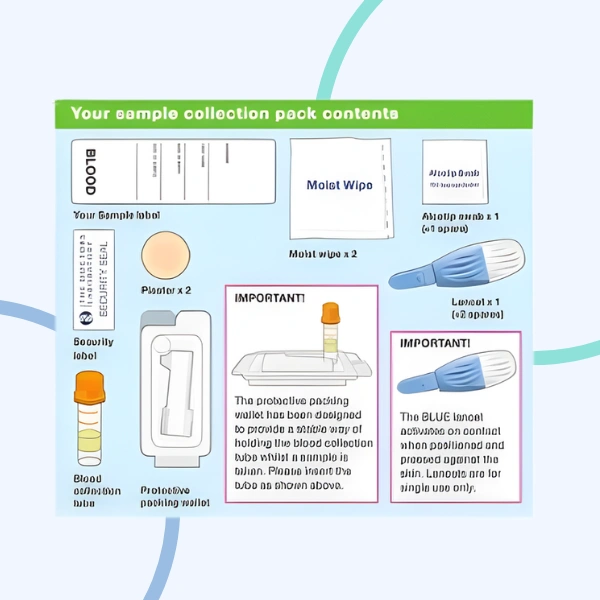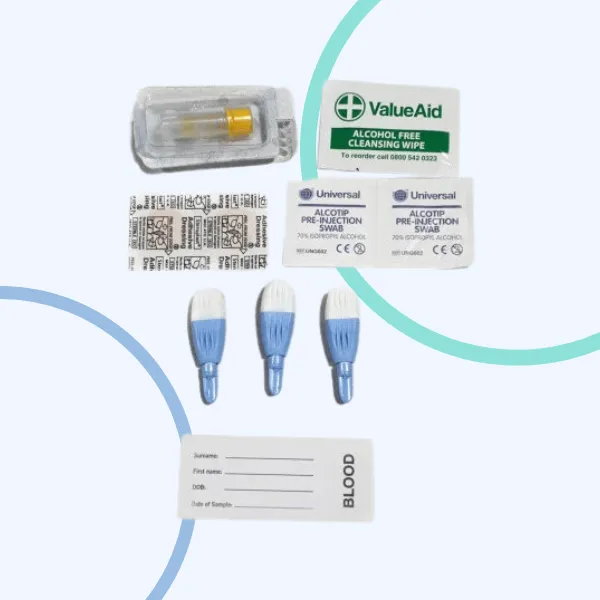- Home
-
-
-
-
-
-
-
-
- Skincare
- Sleep
- Buy Sleeping Tablets
- Migraine
- Diarrhoea & Constipation
- Threadworms
- Trapped Wind
- Haemorrhoids/Piles & Anal Fisure
- Dandruff
- Fungal Infections
- Scars, Cellulite & Stretch Marks
- Warts & Verrucas
- Cough & Cold
- Excessive Sweating
- Lice & Scabies
- Snoring
- Children & Babies
- Nausea
- Managing Medication - Pill Boxes And Tablet
- Acid Reflux & Heartburn
-
- Feminine Underwear
- Angina And Heart Health
- Children's Healthcare
- Cystitis & Urinary Infections
- Coughs, Cold And Flu
- Hair Care - Head Lice & Nits
- Skin Care.
- Hangover Relief
- Hayfever & Allergy Relief
- Health Monitoring & Diabetes
- Herbal Remedies
- Excessive Sweating
- Lip Care
- Nasal Care.
- First Aid
- Oral Health
- Ostomy Care & Catheter Care
- Pain Relief Care
- Piles & Haemorroids
- Sleeping Aids
- Thrush Treatments
- Travel Health
- Vaginal Infections
- Vertigo
- Digestion & Indigestion
- Toiletries
- Incontinence Care
- Low Protein
- Multivitamins & Supplements
- Baby Milk & Formula's
- Wound Management
- Diabetes Test Strips & Needles
- Feminine Hygiene
- Male Enhancement
- Eye Care
- Ear Care
- Mouth Care
- Foot Care
- Health Care
- Oral Trush
- Sun Care.
- Acne Care
- Rosacea Skin Care
- Psoriasis Skin Care
- Eczema Skin Care
- Hair Loss Care
- Quit Smoking Aids
- Asthma Healthcare
- CBD & Herbal Remedies
- Immunity
- Bone
- Nutritional Drinks
- Worms
- Baby Healthcare
- Bites & Sting Relief
- Chicken Pox
- Urinary/Bladder Problems
- Vaginal Dryness
-
-
-
- Contraceptive Pill
- Morning After Pill
- Period Delay
- Alternative Contraceptives
- Bacterial Vaginosis
- Period Pain
- Hormone Replacement Therapy (HRT)
- Vaginal Dryness
- PCOS
- Feminine Hygiene Underwear
- Female Hormones Test
- Women's Health - Thrush
- Cystitis Treatments
- Hirsutism (Hair Removal)
- (UTIs) Urinary Tract Infections
-
-
-
-
PSA Prostate Cancer Screening Blood Test Kit - Early Detection At Home
- Categories: Health Test Kits Men's Health Kits
Guaranteed Safe Checkout
PSA Prostate Cancer Screening Blood Test Kit - Early Detection At Home
Monitor Your Prostate Health - Early Detection Saves Lives
Description
Our comprehensive PSA Blood Test Kit provides a convenient and private way to monitor your prostate health from the comfort of your home. This essential screening test measures Prostate Specific Antigen (PSA) levels in your blood, a key biomarker that can help identify potential signs of prostate cancer, prostatitis, or benign prostatic hyperplasia (BPH). Designed specifically for men concerned about their prostate health or those with family history of prostate issues, this test enables early detection and peace of mind. With our simple finger-prick collection method, laboratory-grade analysis, and doctor-reviewed results delivered within days, taking control of your prostate health has never been more accessible. Early detection is crucial for effective treatment of prostate conditions, making regular PSA monitoring an important part of men's preventative healthcare.
Key Features
- Turnaround Time: Results in just 2 working days
- Biomarker Count: 1 key prostate health marker (PSA)
- Doctor's Report: Includes personalized doctor's comments and recommendations
- Sample Collection: Finger-prick blood sample at home
- Free Delivery: Free standard delivery included
Sample Collection Options
Finger-prick at Home
We'll send you everything you need to collect your blood sample from the comfort of your home. Our finger-prick collection method is designed to be simple and painless, with clear step-by-step instructions included in your kit.
Biomarker List
Prostate Health
- PSA (Prostate Specific Antigen): A protein produced by both normal and malignant cells in the prostate gland. Elevated levels of PSA in the blood may indicate prostate cancer, inflammation of the prostate (prostatitis), or benign prostatic hyperplasia (enlarged prostate).
What's Measured
This test measures the level of Prostate Specific Antigen (PSA) in your blood. PSA is a protein produced primarily by cells in the prostate gland, and small amounts normally circulate in the bloodstream. Elevated PSA levels can indicate various prostate conditions, including prostate cancer, prostatitis (inflammation of the prostate), or benign prostatic hyperplasia (enlarged prostate). While an elevated PSA level doesn't necessarily mean you have prostate cancer, it serves as an important early warning system that allows for further investigation and timely intervention if needed. Regular PSA monitoring is particularly valuable for men over 50 or those with risk factors for prostate cancer.
Why Take This Test
- You're a man over 50 concerned about prostate health
- You have a family history of prostate cancer
- You're experiencing urinary symptoms such as frequent urination or difficulty urinating
- You want to establish a baseline PSA level for future comparison
- You've previously had elevated PSA levels and want to monitor changes
- You're experiencing pelvic pain or discomfort
- You have a history of prostatitis or benign prostatic hyperplasia
- You're taking medications that might affect the prostate
- You want to be proactive about your prostate health
- You prefer the privacy of testing at home rather than visiting a clinic
What's Included
- Home finger-prick blood collection kit with all necessary equipment
- Prepaid return packaging
- Clear, step-by-step instructions
- Personalised doctor's interpretation of your results
- Evidence-based recommendations for improvement
Scientific Background
Prostate Specific Antigen (PSA) is a glycoprotein enzyme produced almost exclusively by the epithelial cells of the prostate gland. The normal range for PSA is generally considered to be below 4.0 ng/mL, though this can vary with age. PSA levels typically increase gradually as men age due to natural prostate enlargement. While elevated PSA levels can indicate prostate cancer, they can also result from non-cancerous conditions like prostatitis (inflammation of the prostate) or benign prostatic hyperplasia (enlarged prostate). The PSA test has been used as a screening tool for prostate cancer since the 1990s and has contributed to earlier detection of prostate cancer in many men. However, it's important to understand that PSA testing has limitations, including the potential for false positives and false negatives, which is why results should always be interpreted in the context of other clinical information.
Test Limitations & Important Information
Medical Limitations
This test provides a snapshot of your PSA level at a single point in time. PSA levels can fluctuate due to various factors including recent ejaculation, prostate examination, urinary tract infections, and certain medications. For the most accurate results, we recommend avoiding ejaculation for 48 hours before sample collection and informing your doctor about any medications you're taking. It's important to understand that an elevated PSA result doesn't necessarily indicate prostate cancer—it simply suggests the need for further investigation. Conversely, a normal PSA result doesn't completely rule out prostate cancer. PSA testing should be considered as one component of a comprehensive approach to prostate health monitoring, which may include digital rectal examination and other diagnostic procedures as recommended by healthcare professionals.
Who Should Not Take
This test is not suitable for men who have had a prostate biopsy within the past 6 weeks, as this procedure can temporarily elevate PSA levels and lead to misleading results. Men who have undergone radical prostatectomy (complete removal of the prostate) should not take this test, as PSA levels should be virtually undetectable after this procedure, and any detectable PSA would require specialized ultra-sensitive testing. Additionally, men currently taking 5-alpha reductase inhibitors such as finasteride (Proscar, Propecia) or dutasteride (Avodart) should be aware that these medications can lower PSA levels by approximately 50%, which should be taken into account when interpreting results. If you're currently being treated for prostate cancer or are under active surveillance for prostate conditions, please consult with your healthcare provider before taking this test.
Frequently Asked Questions
What is a normal PSA level?
Generally, PSA levels below 4.0 ng/mL are considered normal, though what's "normal" varies with age. For men in their 40s, the median PSA is around 0.7 ng/mL; for men in their 50s, it's about 0.9 ng/mL; and for men in their 60s, it's approximately 1.3 ng/mL. Your doctor will interpret your result based on your age and other factors.
Does an elevated PSA level mean I have prostate cancer?
Not necessarily. While elevated PSA can indicate prostate cancer, it can also be caused by non-cancerous conditions like prostatitis (inflammation of the prostate) or benign prostatic hyperplasia (enlarged prostate). Other factors such as recent ejaculation, vigorous exercise, or urinary tract infections can also temporarily raise PSA levels.
How often should I check my PSA levels?
For men over 50 with no risk factors, annual testing is often recommended. Men with risk factors (family history, African ancestry) might start testing earlier, around age 45. If you've had elevated PSA levels previously, your doctor might recommend more frequent testing. Always follow your healthcare provider's guidance.
What factors can affect my PSA result?
Several factors can temporarily elevate PSA levels, including recent ejaculation (within 48 hours), vigorous exercise (particularly cycling), prostate examination, urinary tract infections, and certain medications. For the most accurate results, avoid these activities before sample collection.
What should I do if my PSA level is elevated?
If your PSA level is elevated, don't panic. Your doctor will likely recommend repeating the test to confirm the result. Depending on the level and your personal risk factors, further investigations might include additional blood tests, a digital rectal examination, MRI, or in some cases, a prostate biopsy. Always discuss the results with your healthcare provider.
At what age should I start PSA testing?
General guidelines suggest men at average risk should consider PSA testing from age 50. Men at higher risk, including those with a family history of prostate cancer or men of African ancestry, might consider starting earlier, around age 45. However, the decision to test should be made individually after discussing the benefits and limitations with your healthcare provider.


